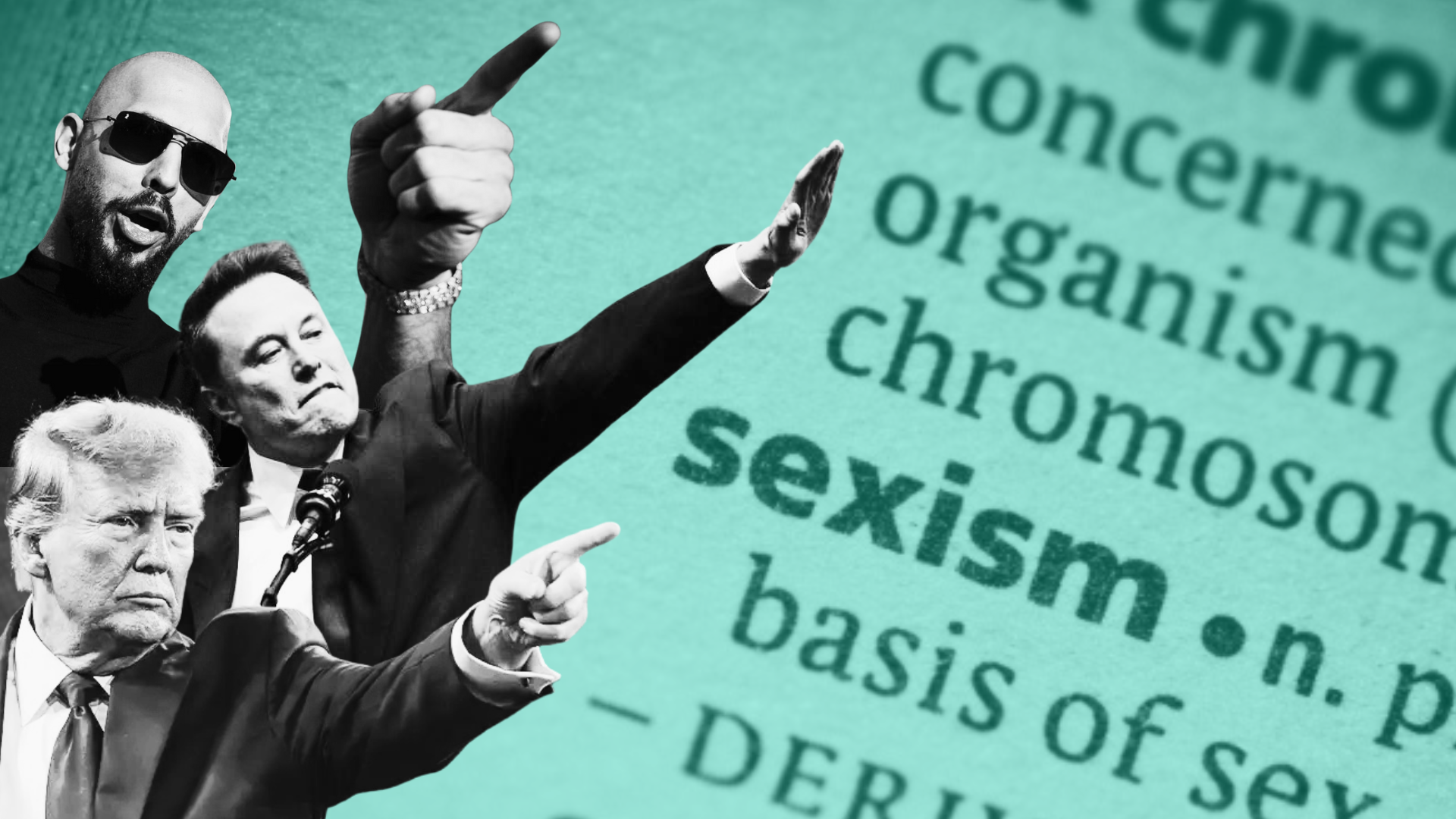A new survey has revealed that young women are staying off social media due to a surge in misogynistic content and divisive language on such platforms.
Public awareness about online safety has ramped up in recent weeks, with Netflix’s hit television series Adolescence sparking a widespread conversation about digital dangers faced by children. These conversations have even influenced debates in UK parliament.
With so much of modern life spent online, governments, parents, and teachers have scrambled to enforce sufficient safeguards to protect generations of children who are gaining access to technology earlier than ever. This has been difficult due to ever-evolving technologies and the endless stream of content available online.
That said, new research by Amnesty International UK has uncovered a particularly interesting trend. In a recent survey, the organisation found that young women are leaving social media platforms voluntarily.
Speaking to more than 3,000 members of Gen Z in the UK, it was revealed that 6 in 10 young people between the ages of 16-25 believe the words and behaviours of political leaders are causing misogynistic and divisive language to be used more frequently in online spaces.
Young girls said that this growing ‘toxic “bro” culture’ is driving them off social media apps entirely. Some say they’ve been a victim of misogynistic treatment online, while others simply do not want to see or be exposed to misogynistic people or ideologies.
When asked who they believe is most responsible for the spread of misogyny, more than half of the male respondents (54 percent) cited controversial influencer Andrew Tate, while 58 percent of women attributed the worrying rise to US President Donald Trump.
Though young people didn’t always agree on who was causing the rise in misogynistic attitudes, they were in agreement that such divisive language on social media is growing exponentially





















